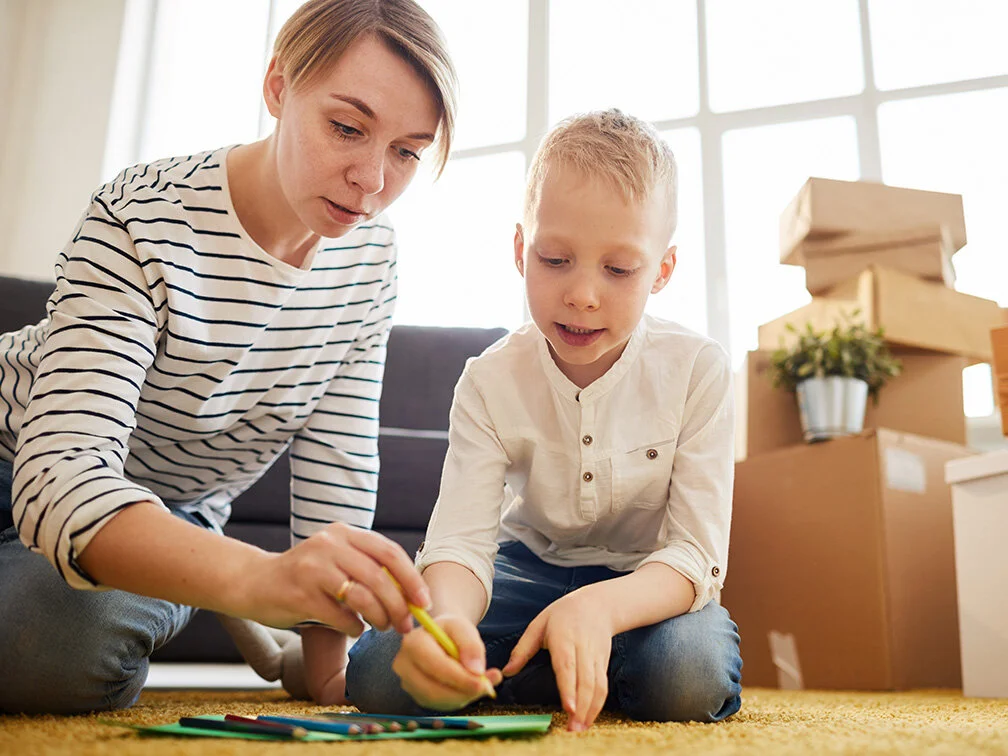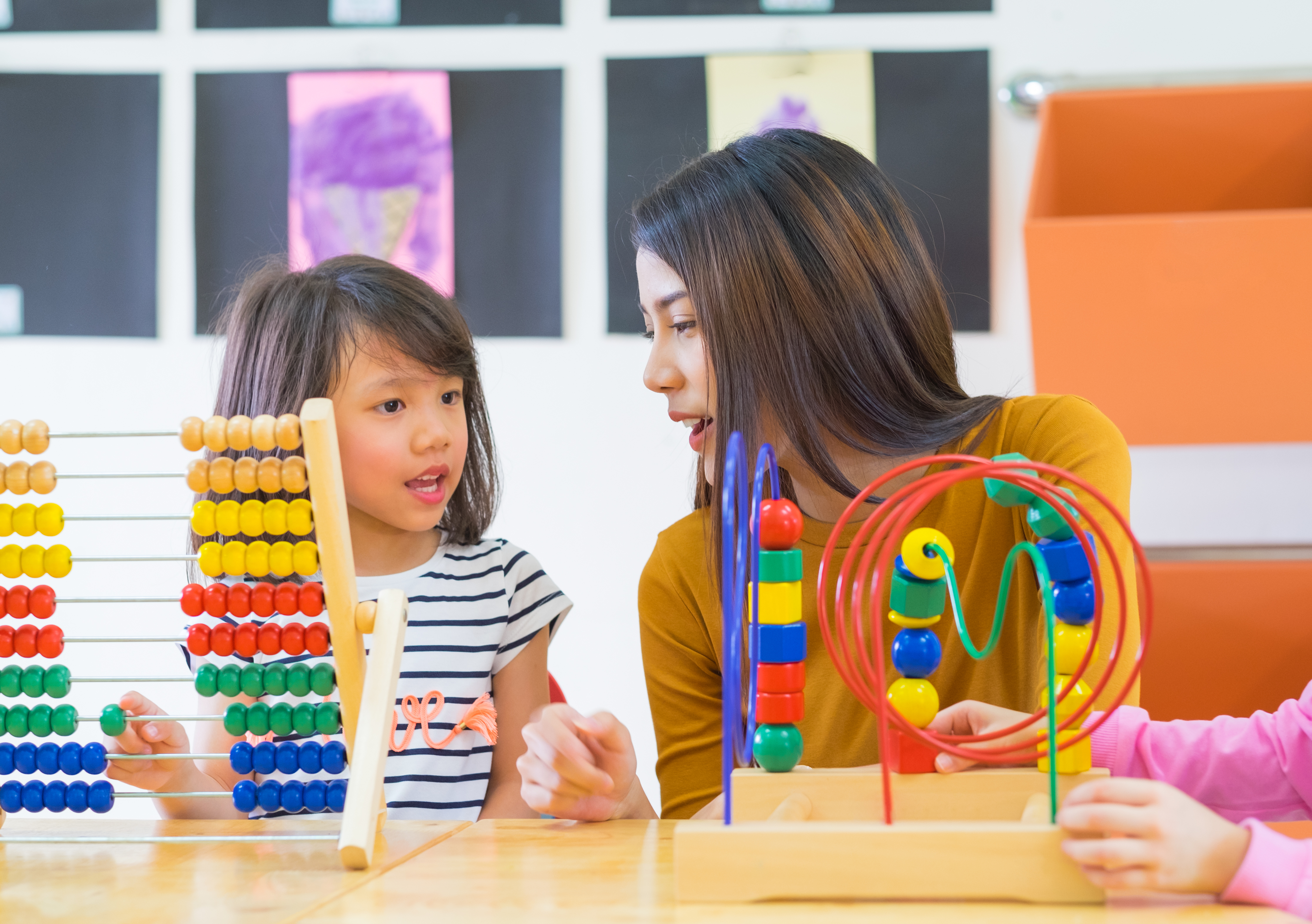How to teach a skill

When you really get down to it, ABA therapy really is all about building relationships, understanding the learner (what they care about, why they do what they do, and what is important to them), and teaching new skills. Today’s blog post will focus on using ABA therapy to teach new skills, which quite often is why families will come to the Lizard Centre in the first place. They want to understand how to help their child learn.
When a Lizard behavioural therapist gets ready to teach their learner something new, they take several things into consideration.
Expectations and Prerequisites:
Before we start teaching a skill through ABA therapy we have to consider a few things. One of the first things to do is to reflect and adjust our expectations. We need to ask ourselves, is our learner ready to learn the particular skill we have in mind? Having realistic expectations about the learning process can help a child to be successful and learn that the learning process itself is as easy and fun as possible.
Secondly, prior to teaching we have to check if the child has the prerequisites to learn that skill, e.g.: we consider teaching a child to request with a full sentence, such as “Can I have the red car?” if they are already requesting independently with 2 to 3 words, such as “give me car”, “red car please”. If they have not learned simple requests, then you wouldn’t want to jump straight in with full sentences. Likewise, our ABA therapists prioritize the language we are teaching to focus on critical words to make sure that the language our learners know is easy to use, and helps them to clearly communicate their wants, thoughts, and needs. In a nut shell, in ABA therapy we set achievable goals and when this goal is achieved we move to the next one.
Let’s make it easy for the learner:
Another important skill for an ABA therapist is to teach in a way that is easier for the learner. Depending on the learner and the skill, we adapt the way we teach the skill in different ways: 1) we model the skill – we show them how to perform the task, 2) we can give verbal instructions on how to perform the task 3) we do with the learner, helping along the way. We always want to match our teaching style to the learning style of our client in ABA. If listening and complex language comprehension is challenging, we don’t rely on explanation, we shift tactic to doing with the learner and showing. If we are teaching a task that involves multiple steps such as: brushing teeth, dressing up, making a sandwich, etc., we should teach step by step, breaking down the task so we cover all skills required to complete that task. An ABA therapist may teach one component at a time, and then slowly add them all together to accomplish the final task as the learner shows independence in the individual components.
Reinforce approximations and their best attempt to complete the task:
We all tend to learn quickly when we are motivated and get some sort of incentive and recognition. In ABA, we recognize that the same applies to children, so we should make sure we are giving them social praise and/or something that they enjoy to make the learning process successful. Remember what comes after accomplishing a new learning task should be an outcome that is meaningful to them, so the reinforcement needs to be specific to the learner’s interests and joy in that moment in time.
Seek independence:
Helping the child throughout the learning process is crucial so they can execute the skill at the best at their abilities. However, we should systematically reduce the amount and/or intensity of help so they can gradually become independent. Ultimately a behaviour therapist’s goal is for the child to learn how to learn on their own without the support of others. In the end we want the learner to no longer need ABA therapy, but we are happy to continue a relationship with the child and their family as long as support and guidance in learning are needed.
If you would like help in teaching your child new skills at home, at school, or out in the community please reach out by clicking on the therapy finder link at the top of this page, and our intake specialist will be sure to contact you for a further discussion about starting a learning program for your child with our therapy team at the Lizard Centre.
Published On : March 24, 2023
Read more
Published On : May 1, 2023
In addition to Behaviour Support, a Behaviour Analyst can help your family in a variety of ways. A BCBA can also help family members understand their child’s needs, communication style and the function of any behaviours of concern.
Published On : September 15, 2023
In this blog, we'll explore some of the most effective PBS strategies to create a supportive environment for your child's learning and growth.


